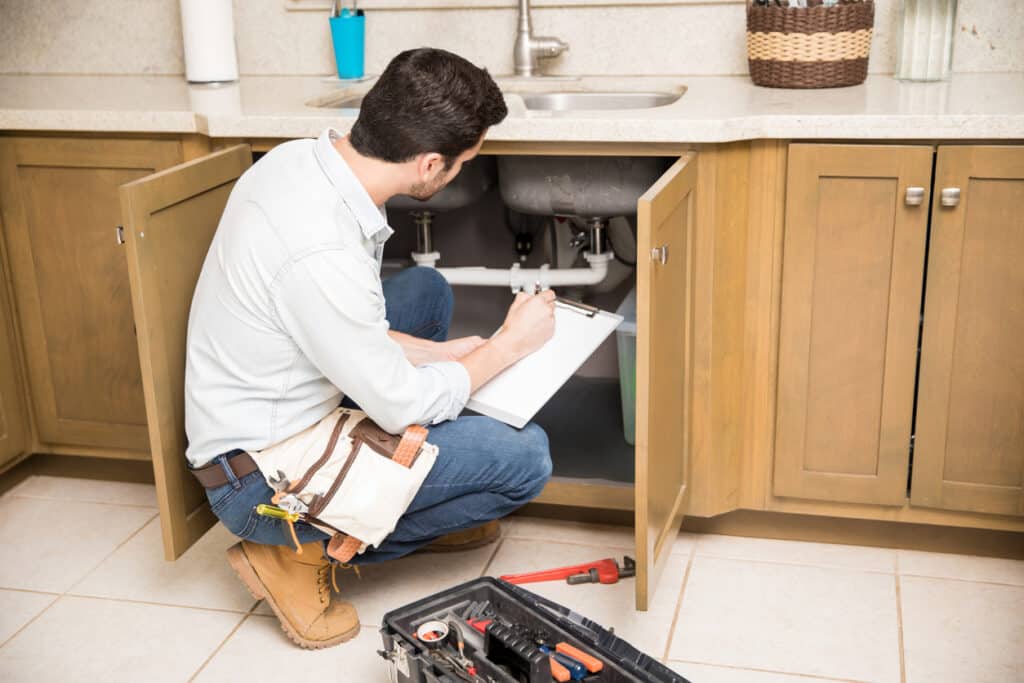Water softeners are essential tools for improving the quality of household water. While many people don’t realize it, hard water can be a problem for many households. A water softener addresses these issues, improving water quality and reducing clogs and buildups.
Problems of Hard Water
Hard water leaves calcium and magnesium deposits on sinks, tubs, showers, and faucets. These deposits are unsightly and difficult to remove, and they build up over time if not cleaned often. Hard water also affects the performance of appliances that use water. For example, dishwashers and washing machines clog, leading to poor performance and inefficiency. It also shortens the lifespan of these appliances as they are more likely to wear out prematurely from hard-water deposits. Finally, using hard water for cooking or drinking causes unpleasant tastes and smells. Hard water also leaves a soapy residue that is unpleasant to look at or drink.
Water Softeners Remove Minerals Like Magnesium and Calcium
Water softeners improve water quality by removing hardness-causing minerals. This process, known as “ion exchange,” replaces calcium and magnesium with sodium or potassium ions. When water enters a water softener, it flows through a bed of resin beads that contain these replacement ions. This process traps and reduces the number of metals in the water, making it softer.
Soft Water is Safe for Drinking
Unlike hard water, which contains minerals and other impurities that are potentially harmful if ingested, soft water is treated with an ion exchange process. This process replaces the minerals found in hard water, such as calcium and magnesium ions, with sodium chloride. This makes the water safe to drink and to use for household chores.
Additionally, if you’re concerned about sodium chloride in your water, you can opt for a no-salt softener that removes minerals without adding salt. Ultimately, drinking soft water is safe for both adults and children. However, check with your local health department to ensure that your water source and softening system meet their standards for safety. Although soft water is safe for drinking, the ion exchange alters the water’s taste. Softened water may have a slightly salty flavor, which some people find unpleasant.
Contact the Professionals
If you live in the Ocala, FL area and are looking for water treatment services and installation of water softeners, contact Sunshine Water Systems. We have been providing high-quality water softeners and water treatment services for years. Our highly trained technicians are ready to help you get the clean, soft water you deserve. Let Sunshine Water Systems help you improve the water quality of your home in Ocala, FL.






